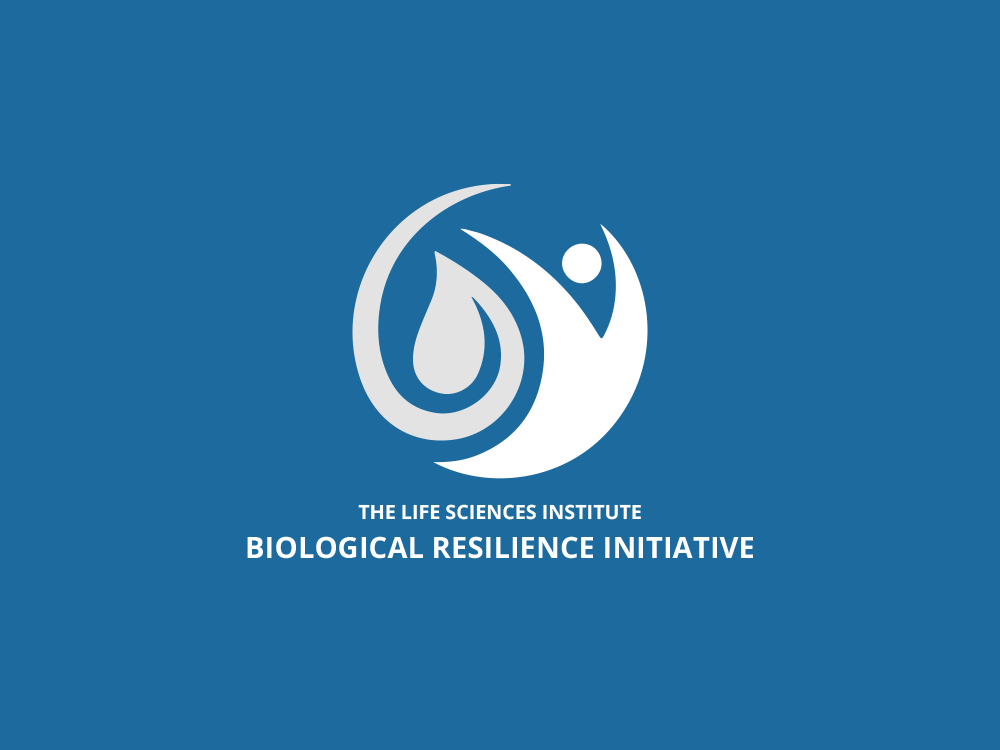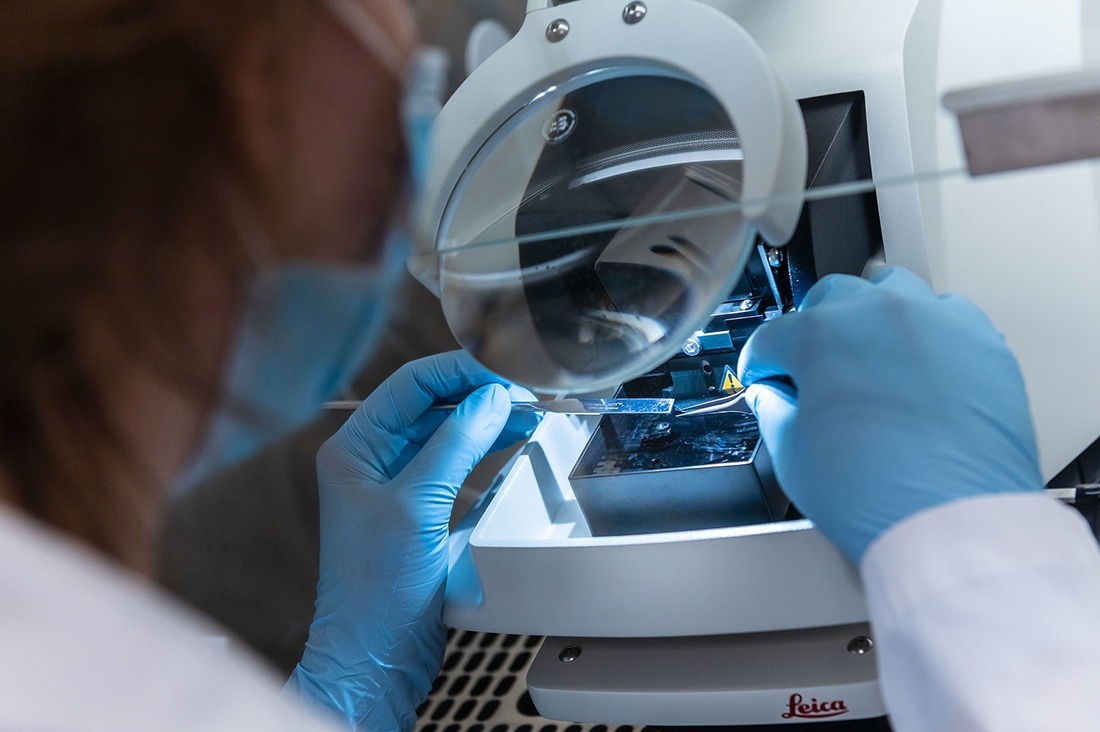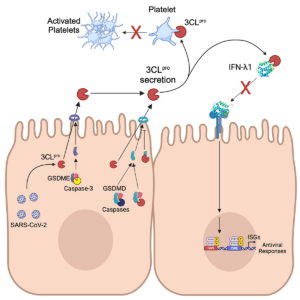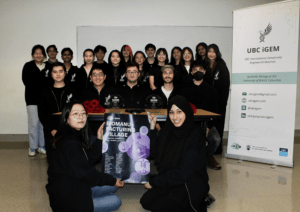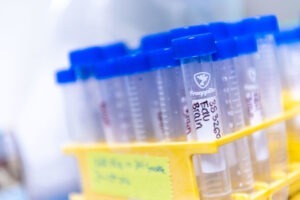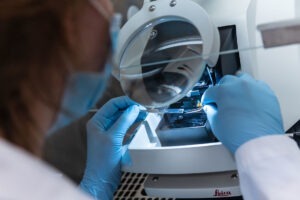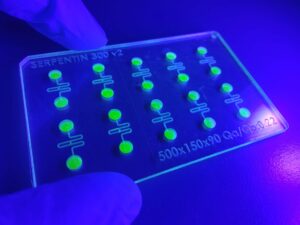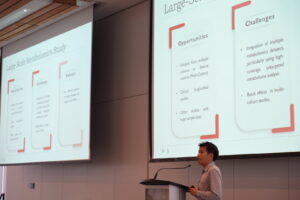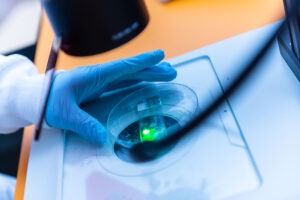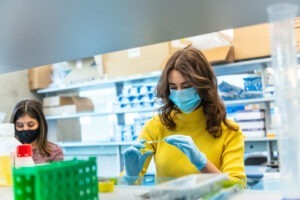Human resilience on Earth relies on sustainable methods of extracting energy and materials from our environment while minimizing environmental impact. To achieve this, LSI researchers tap into the vast genomic diversity found in microbial communities, facilitated by the powerful tools of the Bioinformatics core. These microbial genomes, containing an immense amount of information accumulated over billions of years, provide the foundation for biological resilience in bacterial populations and drive energy and material transformations crucial for sustainability.
The Grand Challenge ahead involves leveraging this genomic diversity to engineer microbial strains and communities for various applications, from lignin valorization to carbon capture, with the aim of developing innovative biotechnologies. Using advanced techniques offered by the Biofactorial core and LSI IMAGING core, researchers design, build, and test engineered microbial systems to address environmental, industrial, and health-related challenges. By reconstructing microbial networks and understanding complex microbial communities, predictive models and monitoring tools can be developed, paving the way for sustainable solutions to pressing global issues like climate change.
LSI researchers, spanning diverse areas from environmental genomics to bacterial metabolism, collaborate to unlock the potential of microbial systems. Through characterizing enzymes, understanding microbial communities, and studying bacterial behaviors, they aim to deepen our understanding of Earth's biogeochemical cycles and develop resilient solutions for a circular bio-economy. Utilizing core services like the Proteomics and Metabolomics Core, researchers harness the power of microbial biology to drive sustainable innovation and address the challenges of the 21st century.
